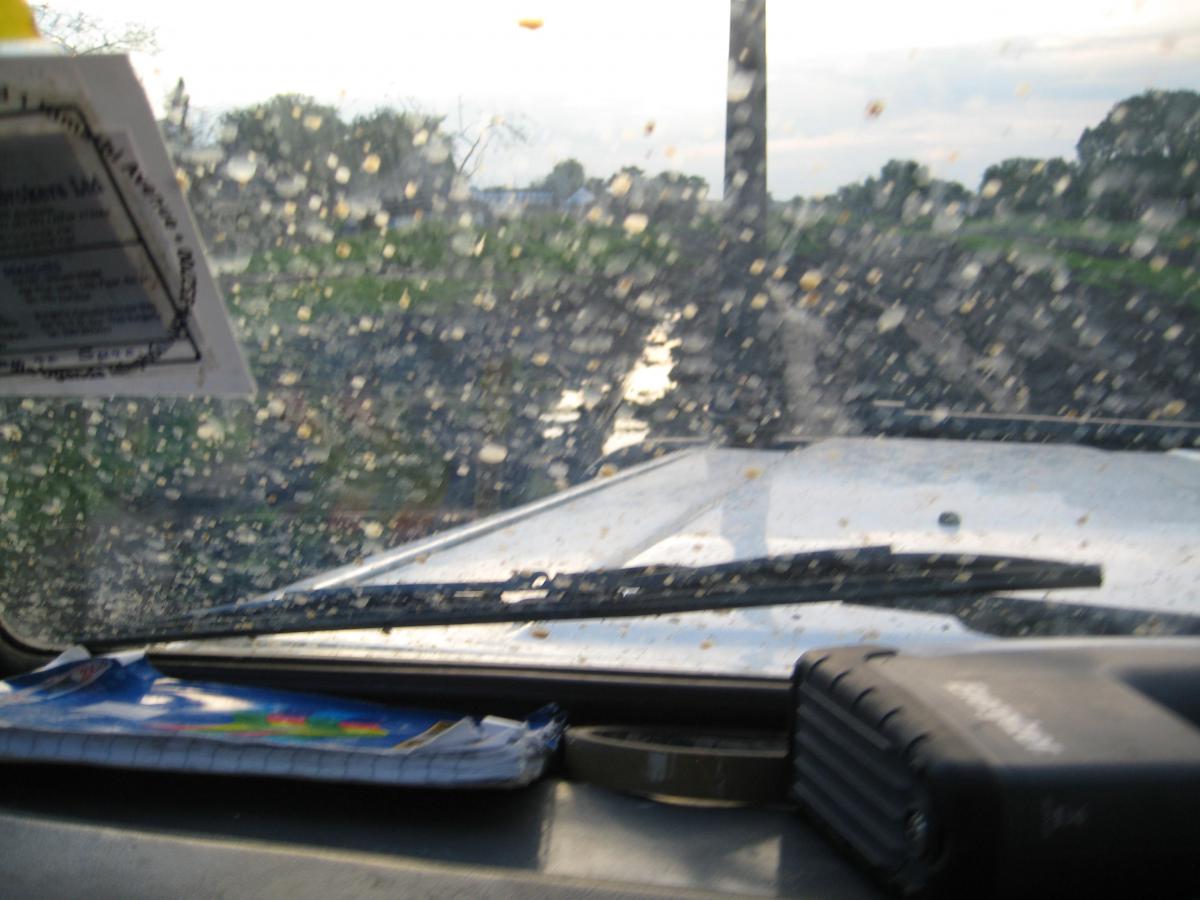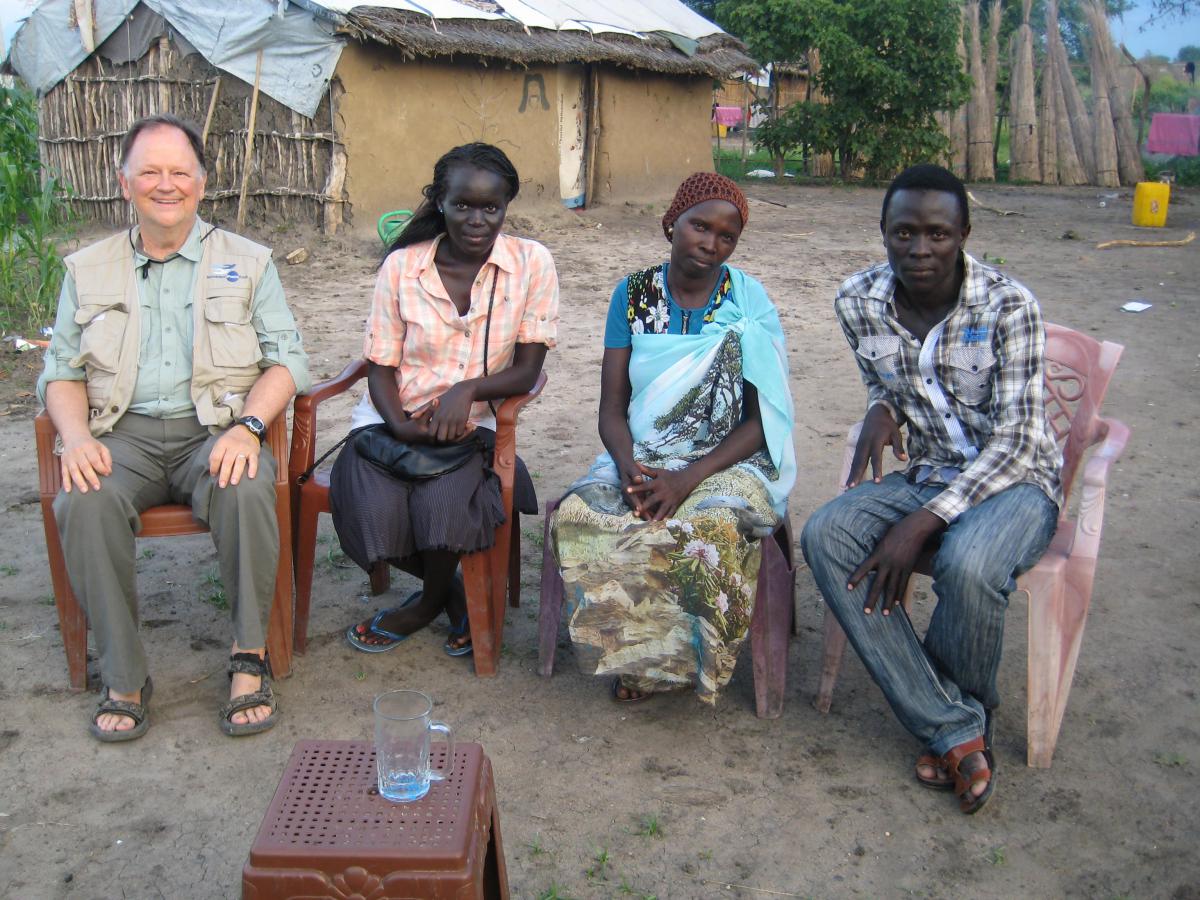Stopping Sexualized Violence
 Life is tough in Pibor a year after South Sudan became the world’s newest country. Grueling subsistence accompanies the pride of achieving independence. The new nation endures the world’s highest incidence of maternal death. The child mortality rate exceeds 10%. Every glimpse includes desperation and inspiration.
Life is tough in Pibor a year after South Sudan became the world’s newest country. Grueling subsistence accompanies the pride of achieving independence. The new nation endures the world’s highest incidence of maternal death. The child mortality rate exceeds 10%. Every glimpse includes desperation and inspiration.
NP deployed 3 teams to the restive Jonglei state after inter-tribal fighting killed hundreds of people and resulted in the displacement of more than 120,000 in January. The UN High Commission on Refugees offered us a significant grant to provide peacekeepers in Jonglei. We had teams on the ground in less than 2 months.
The Pibor team is made up of five nationals and 3 internationals- two from the US and one from Japan. Our expats live in safari tents on the banks of the river, .5 km upstream from a January massacre site. They eat a lot of rice, beans, Nutella, sorghum, bread and occasionally goat or fish.
It’s rainy season. There is no access by road. I flew in on a UN helicopter. The mud resembles wet cement. We wear “gum boots.” At times we have to grip the tops of our boots to keep from leaving them in the mire.
Our team navigates the local area in a beat up Toyota Land Cruiser that we have to push to pop the clutch to start each time. Aves miraculously drives us through puddles that would qualify as lakes in Minnesota.
When our team arrived in April, the women reported frequent incidents of sexualized violence including rape. These often happened as women went out to pump water, gather firewood or tend the community garden.
David and Mary came forth as leaders of Kandako.
Meetings were called to strategize about the violence. For a women’s security meeting, Mary assured NP that she would bring the people. She showed up with 80 women.
 People organized. They were creative. They connected. They took responsibility for their own security. They organized a phone tree. Unlike most rural areas in South Sudan, Kandako usually has reception and cell phones are ubiquitous among the mud huts. An overall leader and ten sub leaders were chosen. When threats appear, leaders are called, then NP, the local police and the UN Police (UNPOL). People go to the scene to check out the threats.
People organized. They were creative. They connected. They took responsibility for their own security. They organized a phone tree. Unlike most rural areas in South Sudan, Kandako usually has reception and cell phones are ubiquitous among the mud huts. An overall leader and ten sub leaders were chosen. When threats appear, leaders are called, then NP, the local police and the UN Police (UNPOL). People go to the scene to check out the threats.
Daily patrols have been established. NP convinced UNPOL and the UN armed peacekeepers, an Indian army unit, to each conduct a daily patrol. NP takes the late shift since the UN peacekeepers cannot leave their compound after dark.
The Indian peacekeepers have taken to pumping their water at the water point, an activity that extends their presence. To their amusement, the soldiers even pump water for the local women.
The women of Kandako reported to me that the incidents of sexualized violence have been eliminated: a dramatic result from simple organizing. The Kandako local security plan contains vital elements of unarmed civilian peacekeeping. First, it relies on the local community to organize and take responsibility for themselves. Local leaders are always there. Secondly, women play a lead role. Thirdly, when convened the community often knows what to do. External resources can be mobilized but to augment local work not replace it. Forth, protection usually relies on the institution of routine practices, not one off events of the cavalry swooping in. And, this activity produces tangible results that make dramatic differences in real people’s lives.
NP shared the example of the joint peacekeeping patrols at a Protection of Civilians workshop sponsored by the UN in Juba. In response, the UN sent a VIP delegation to Pibor to explore this and specifically meet with our team and the local peacekeepers to learn about what we are doing. They are now considering replicating this approach around the country.
Mel Duncan
